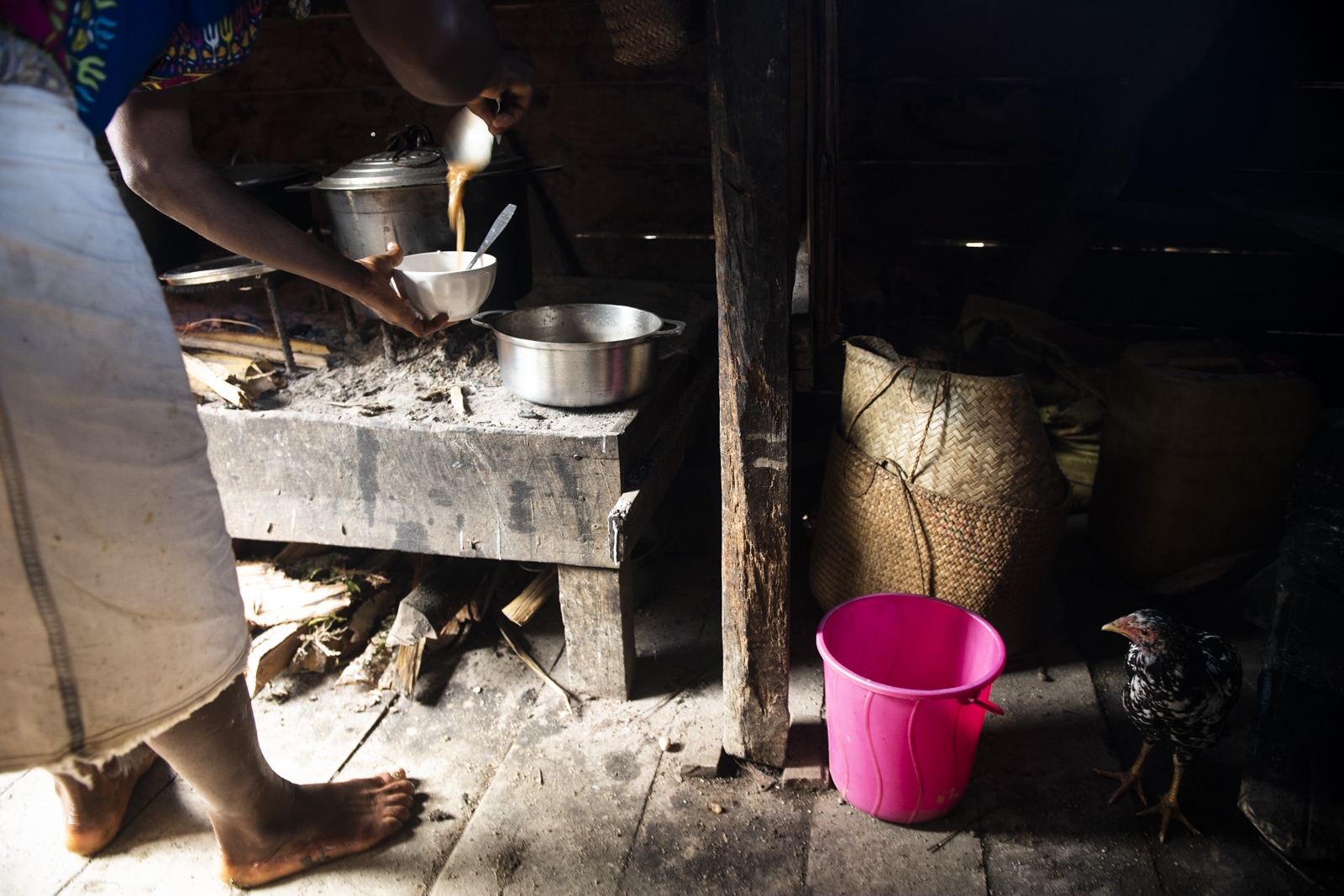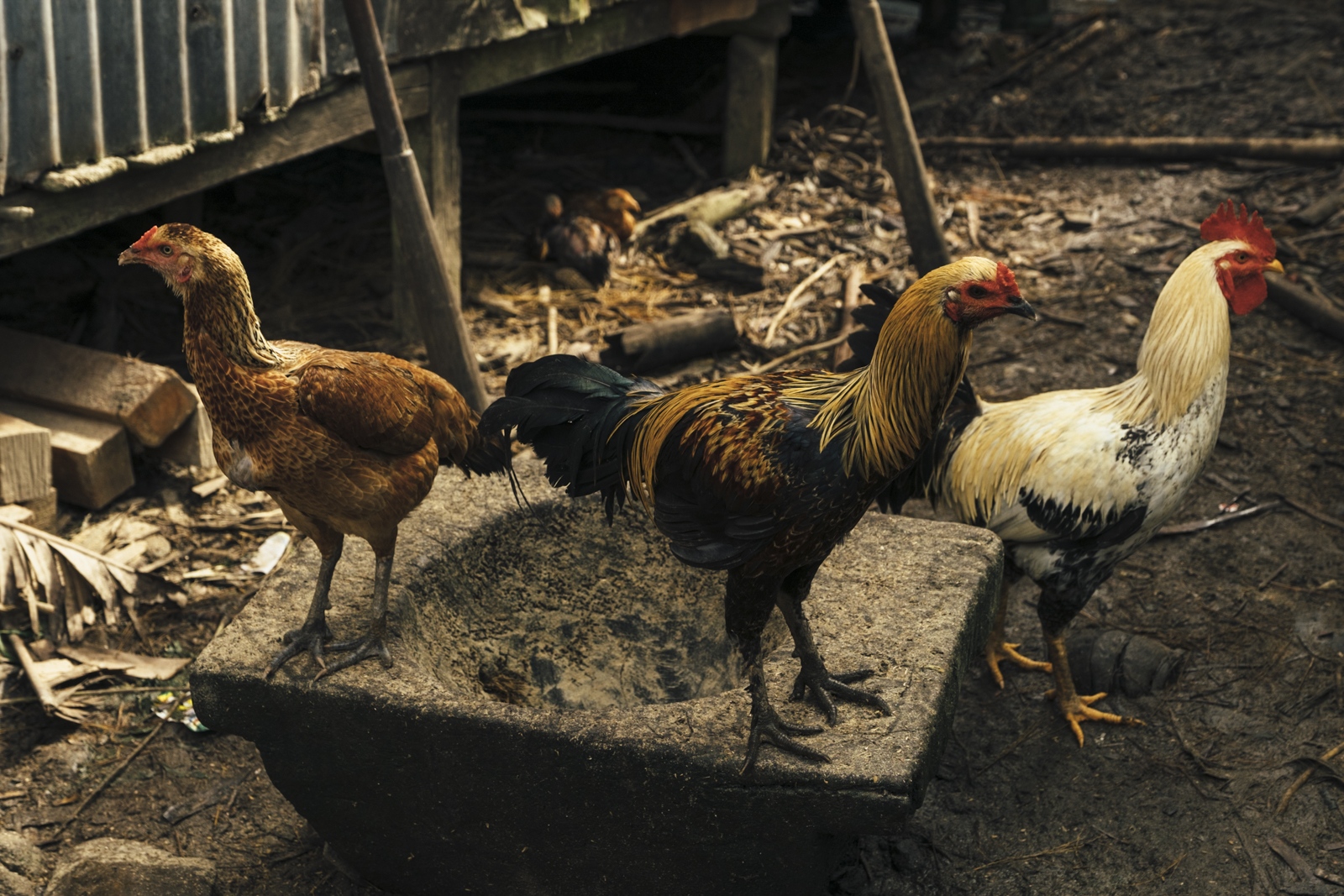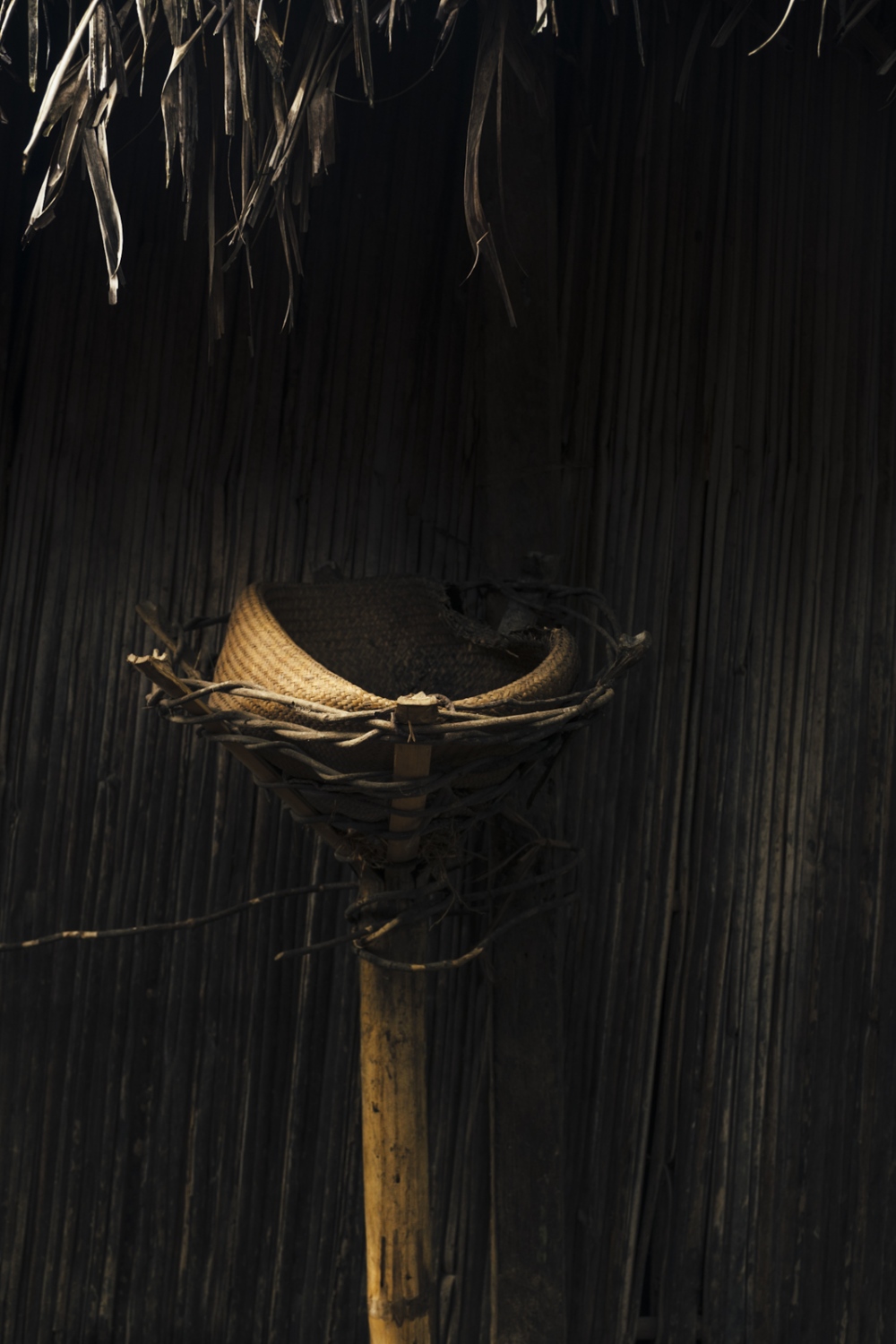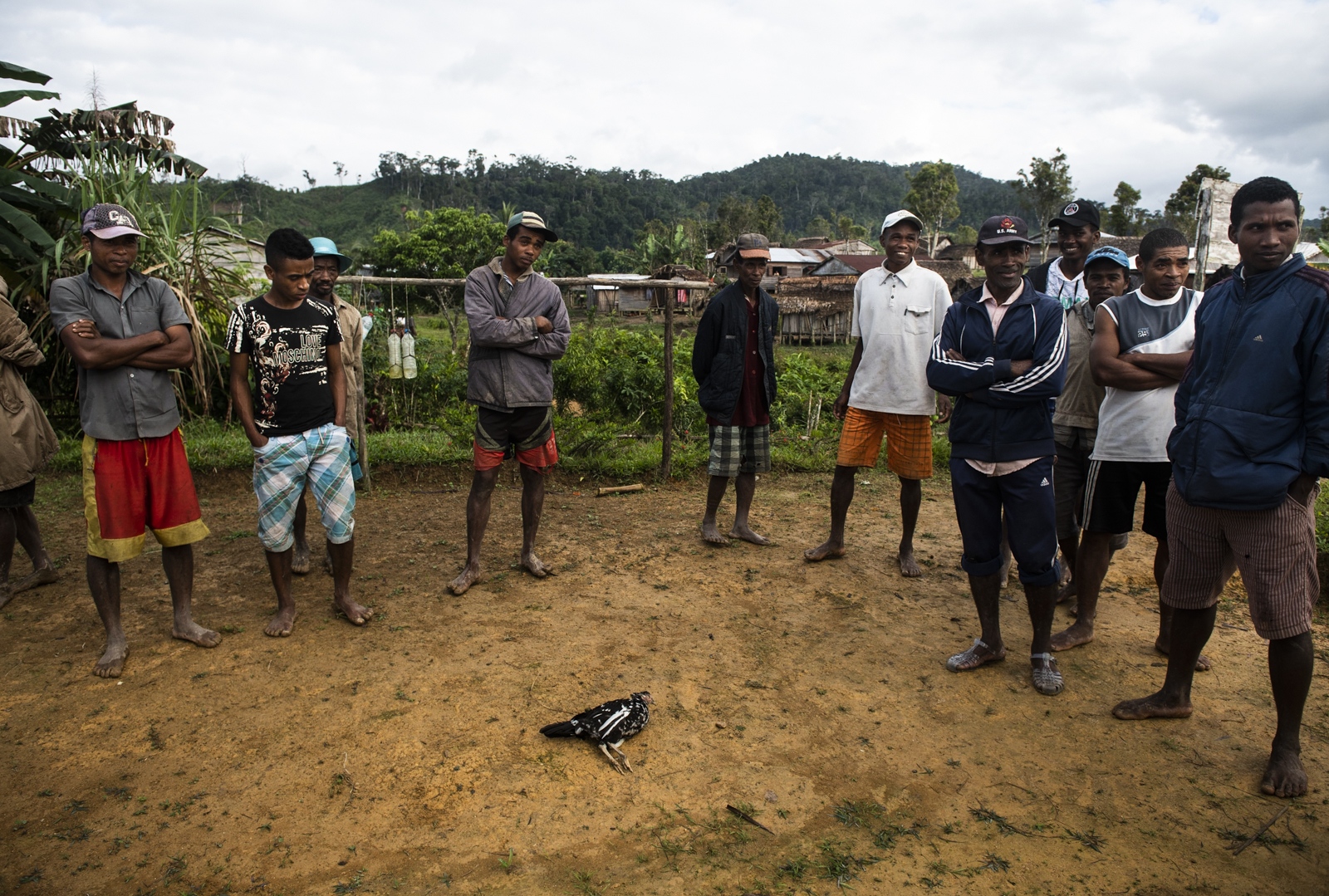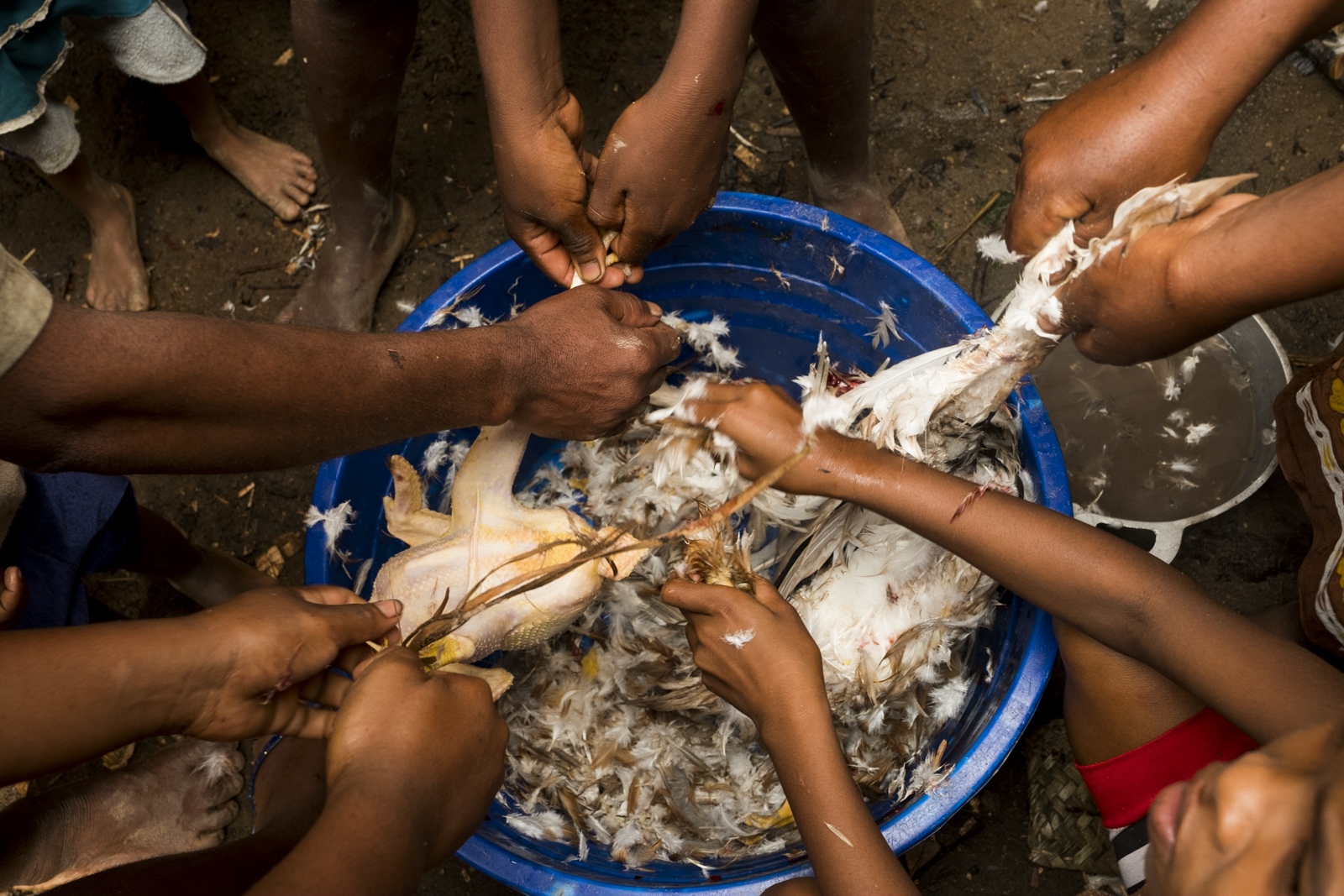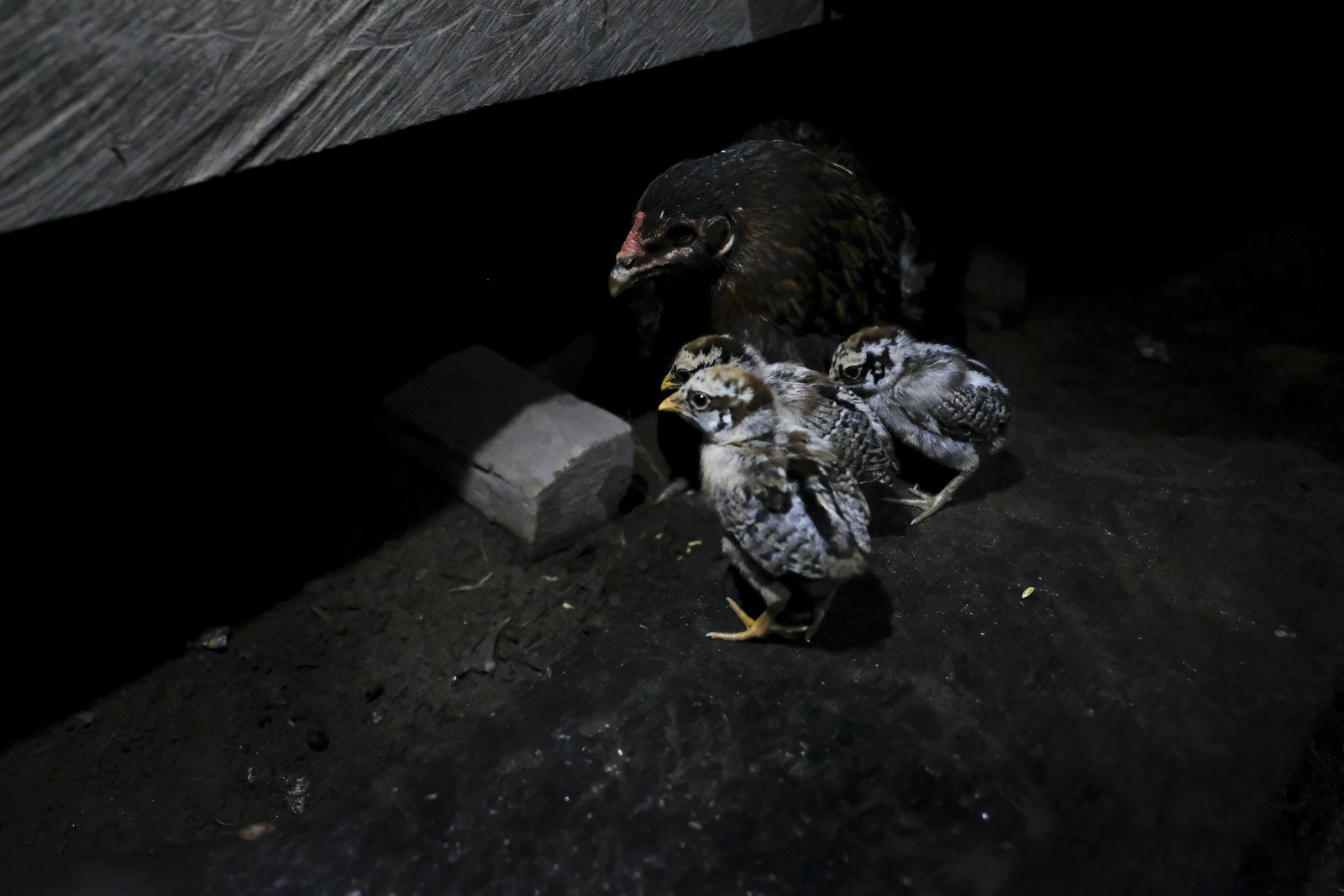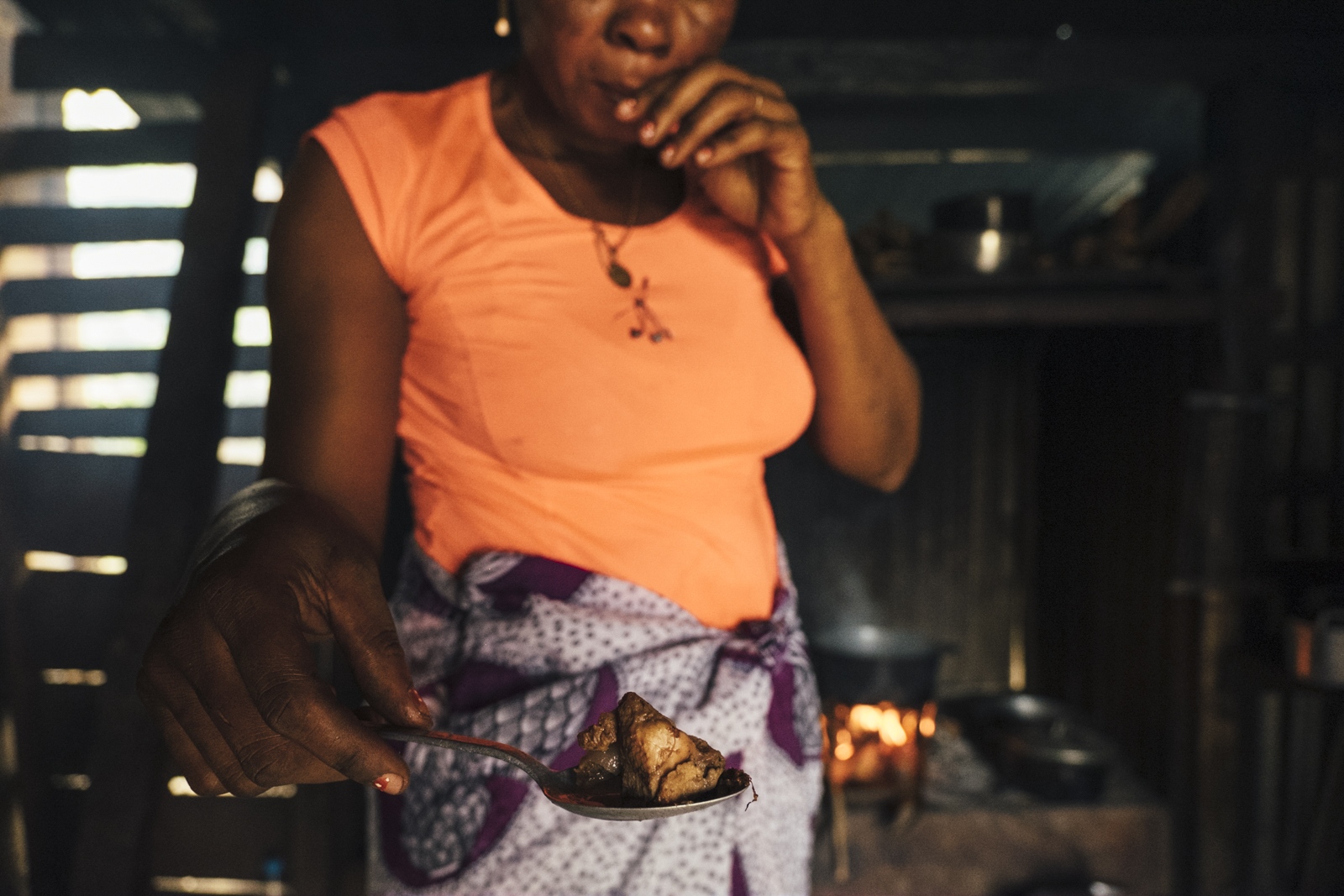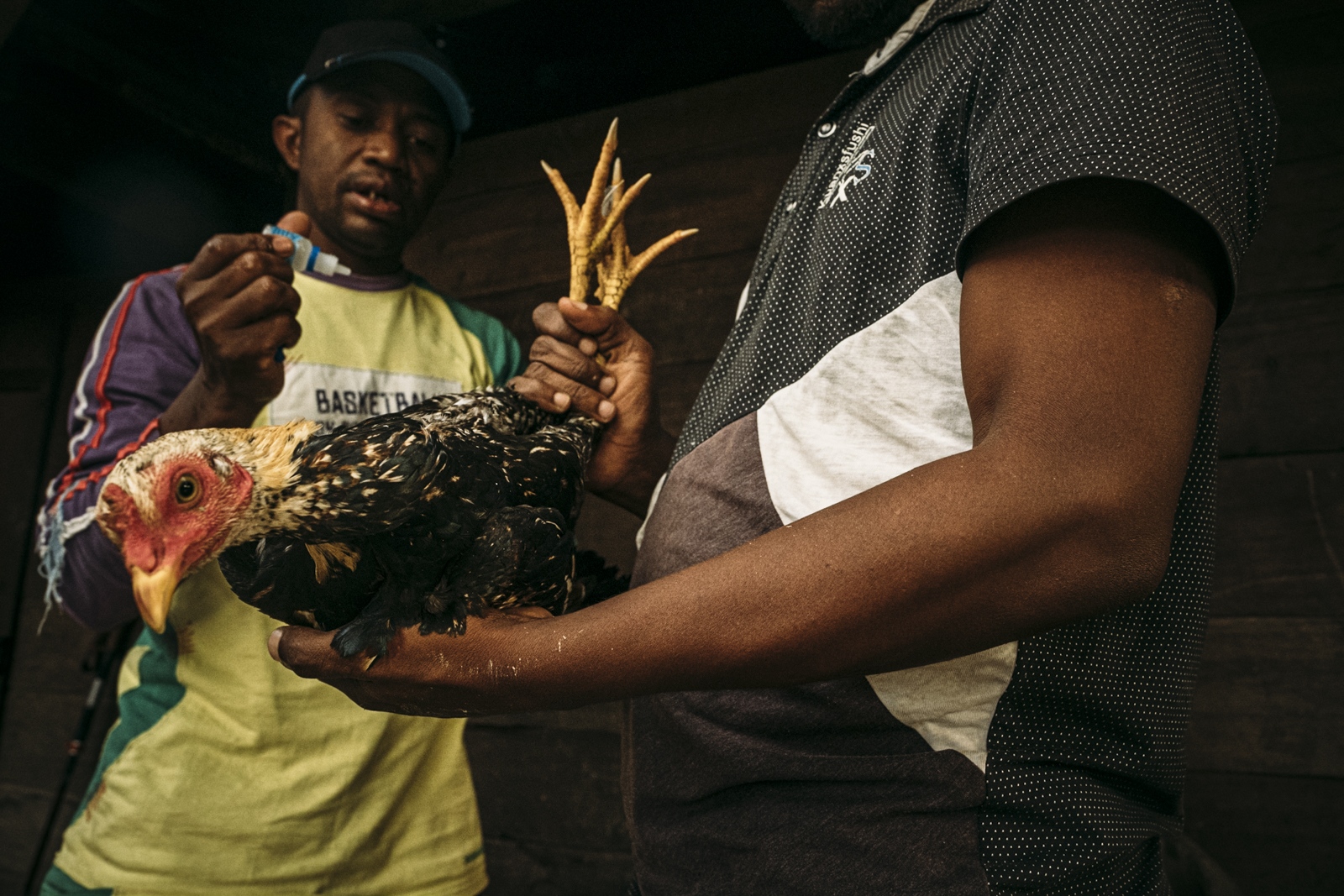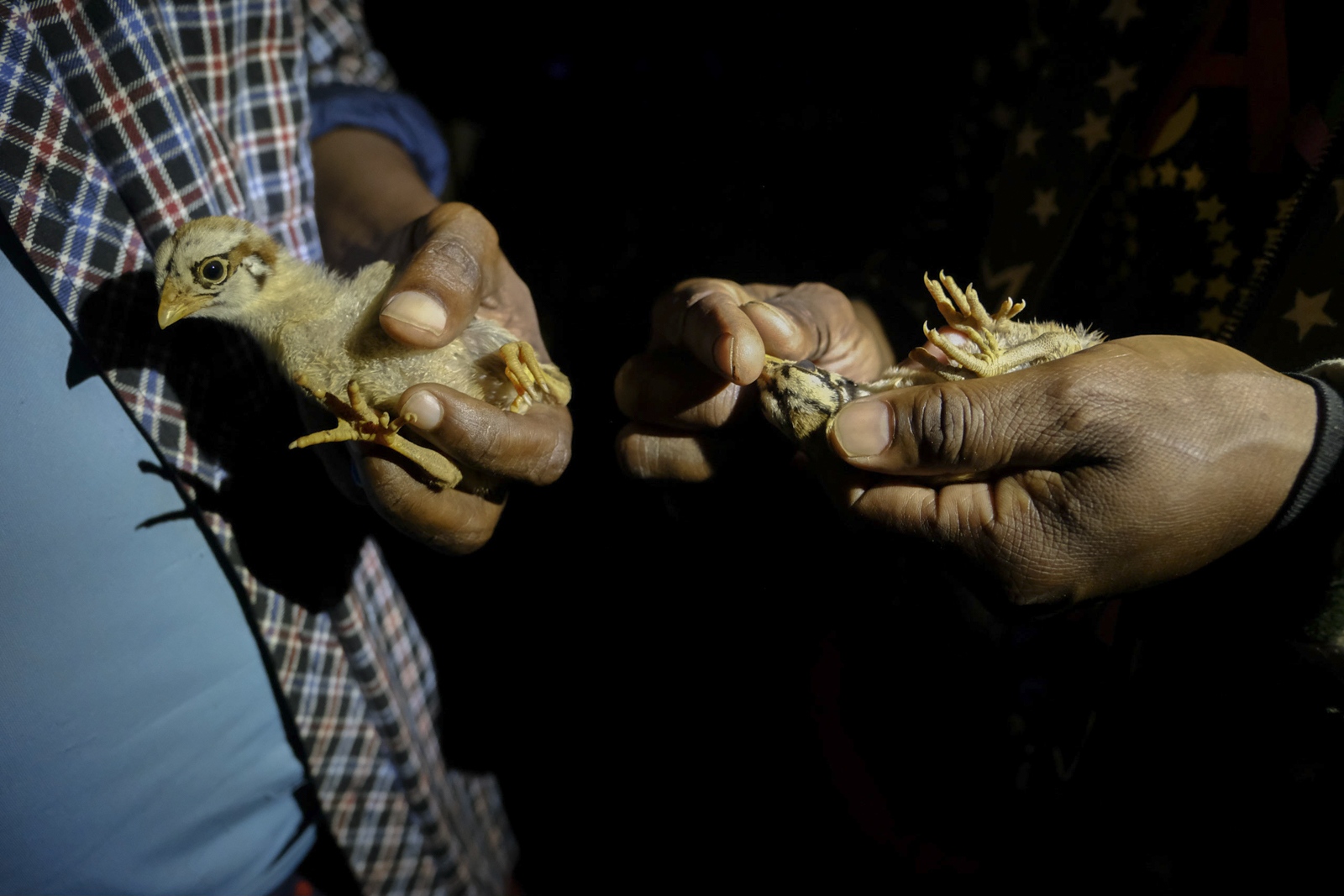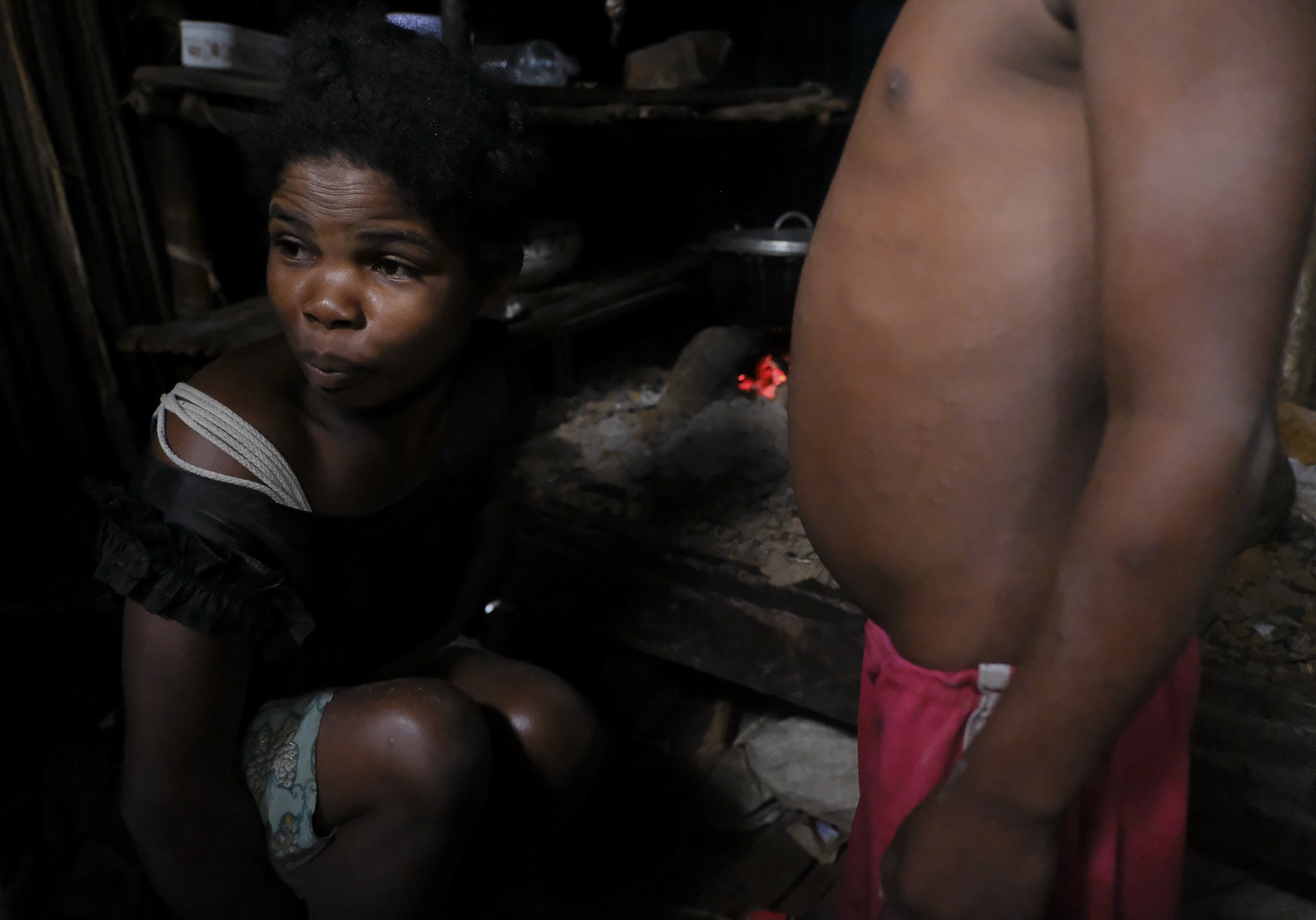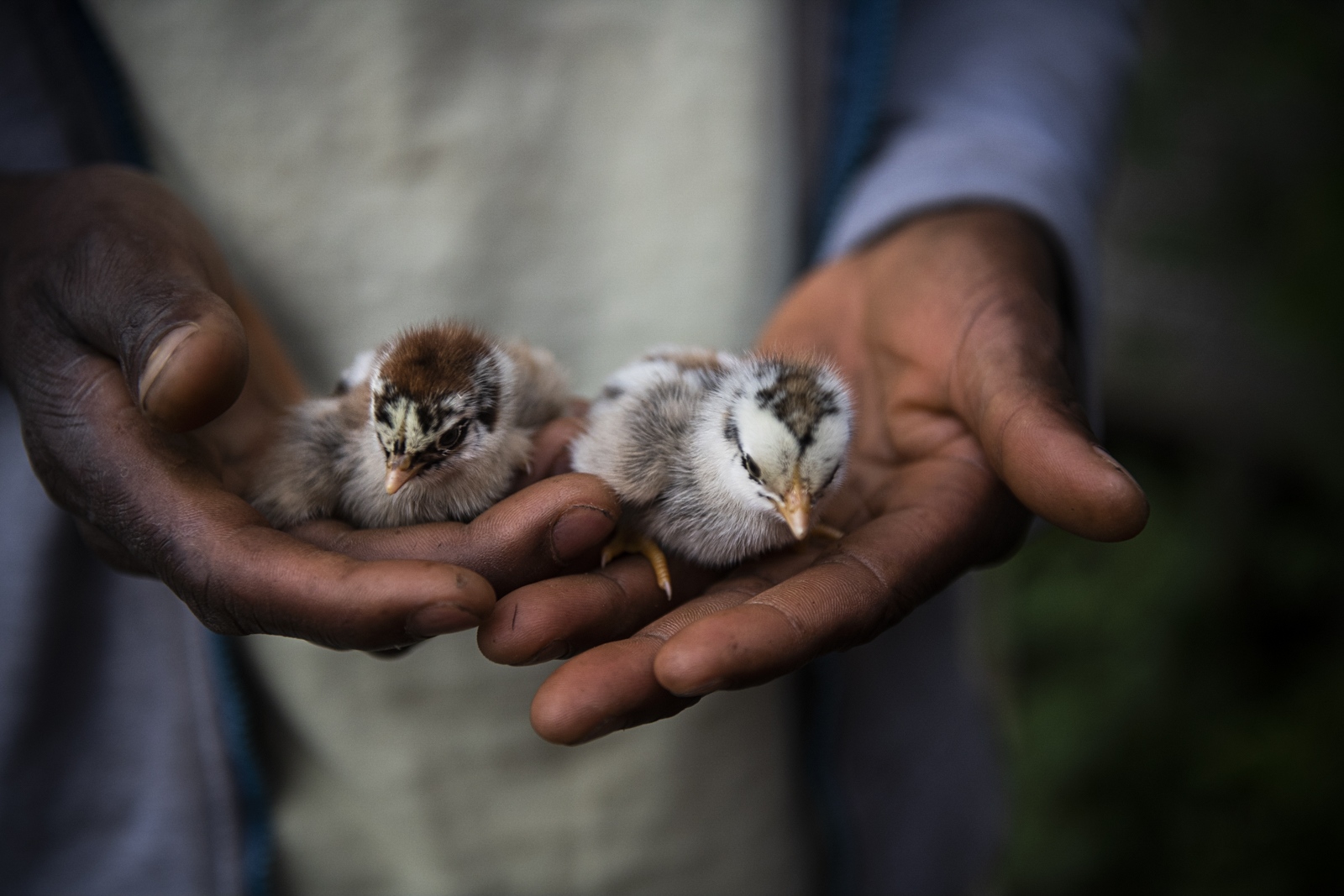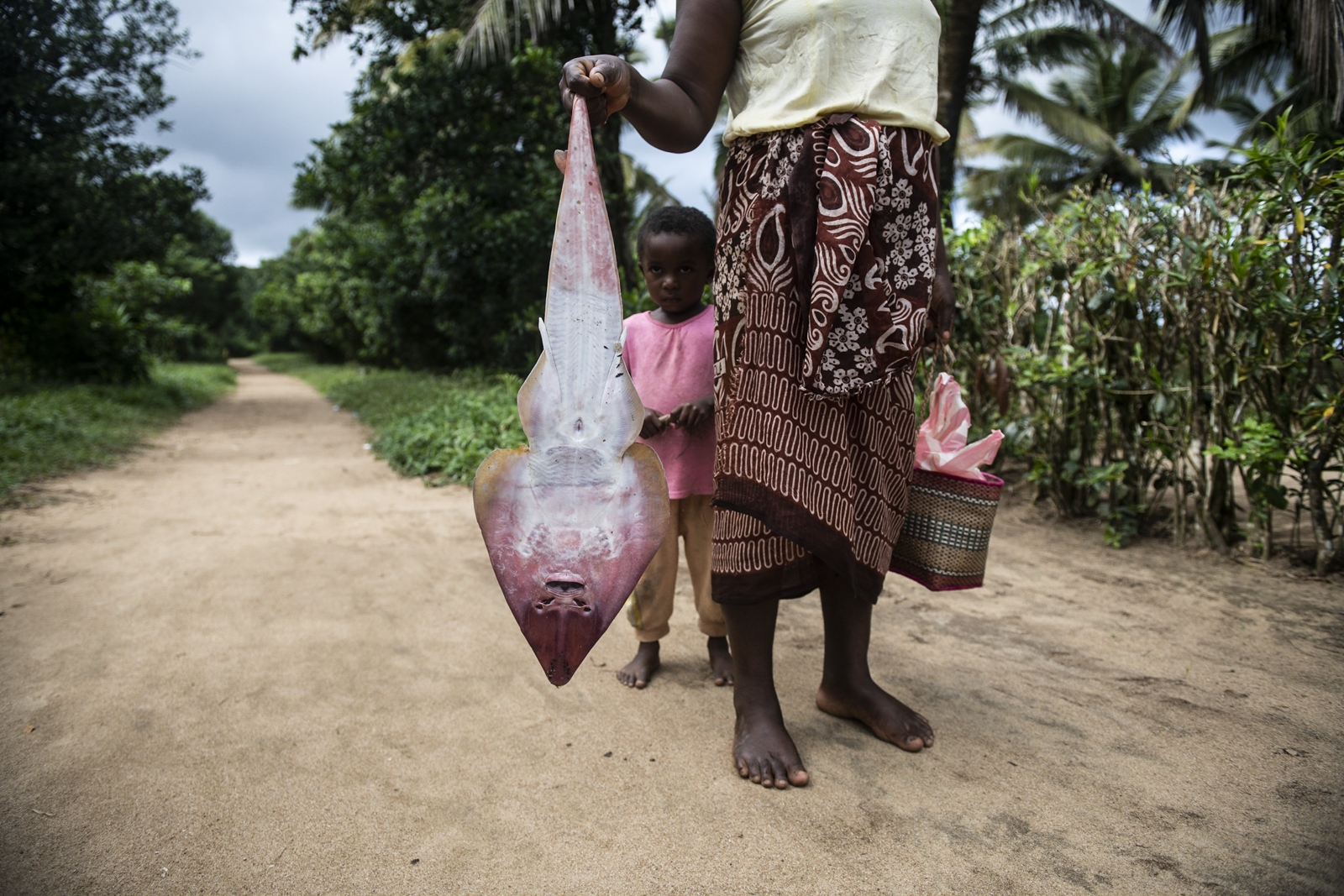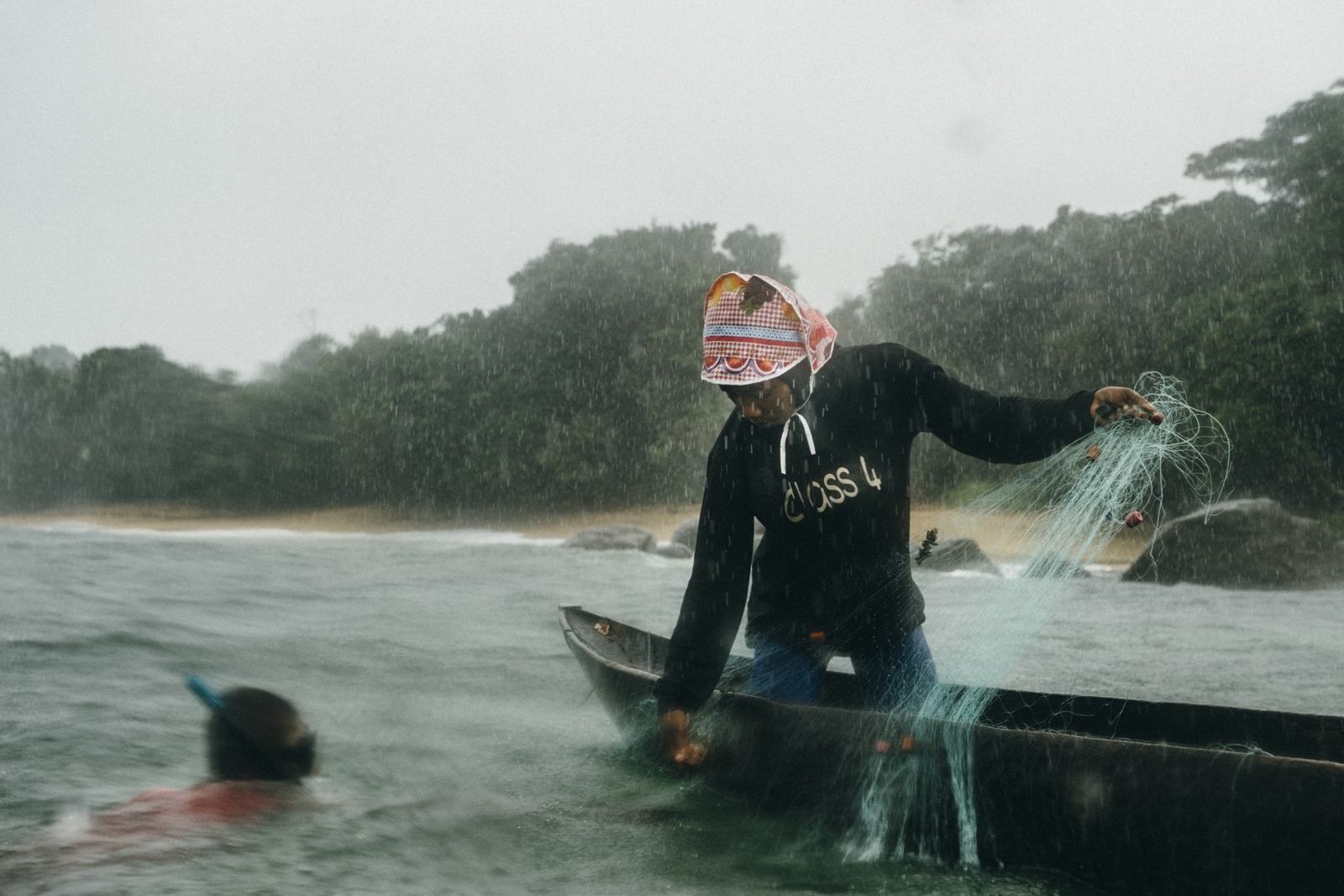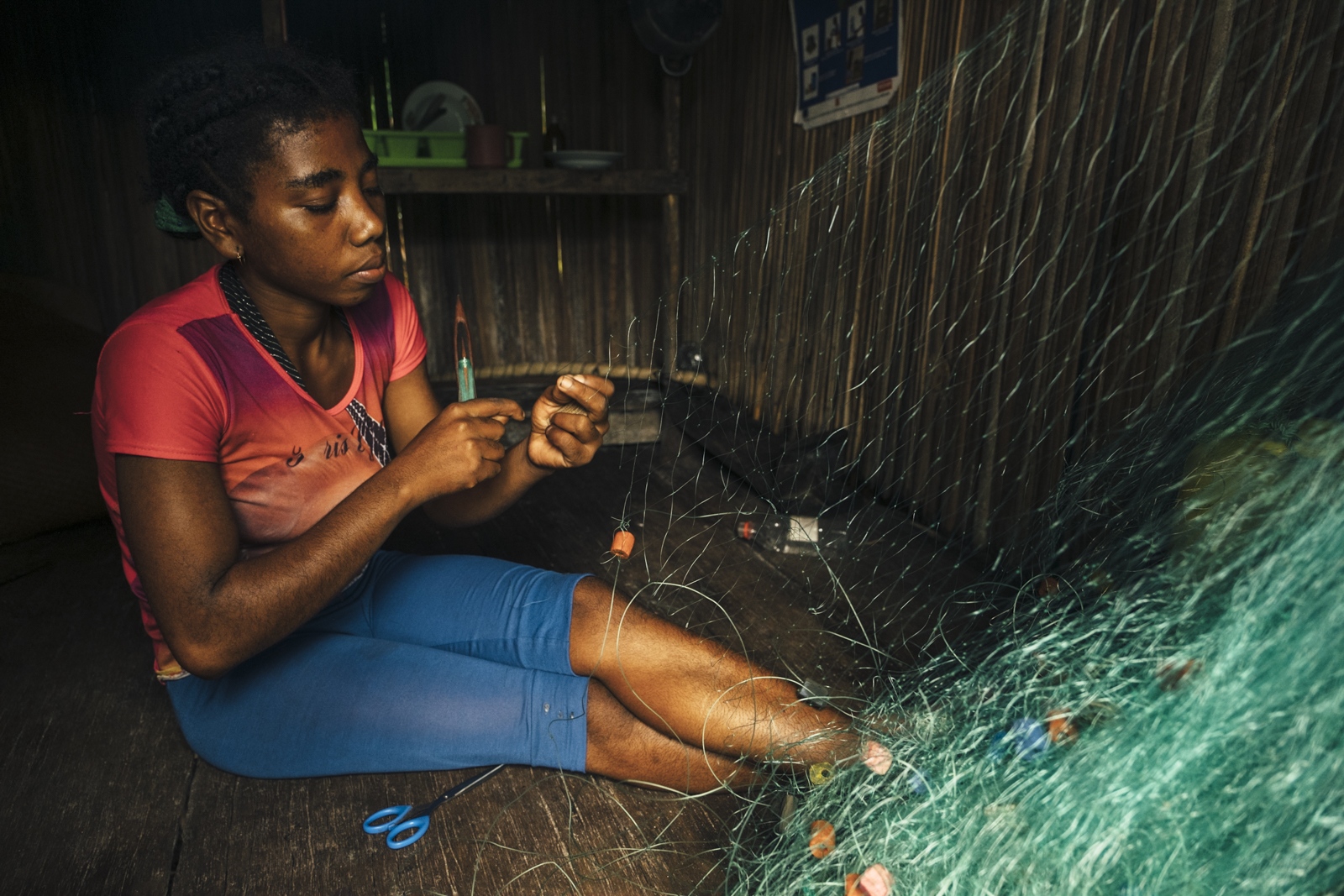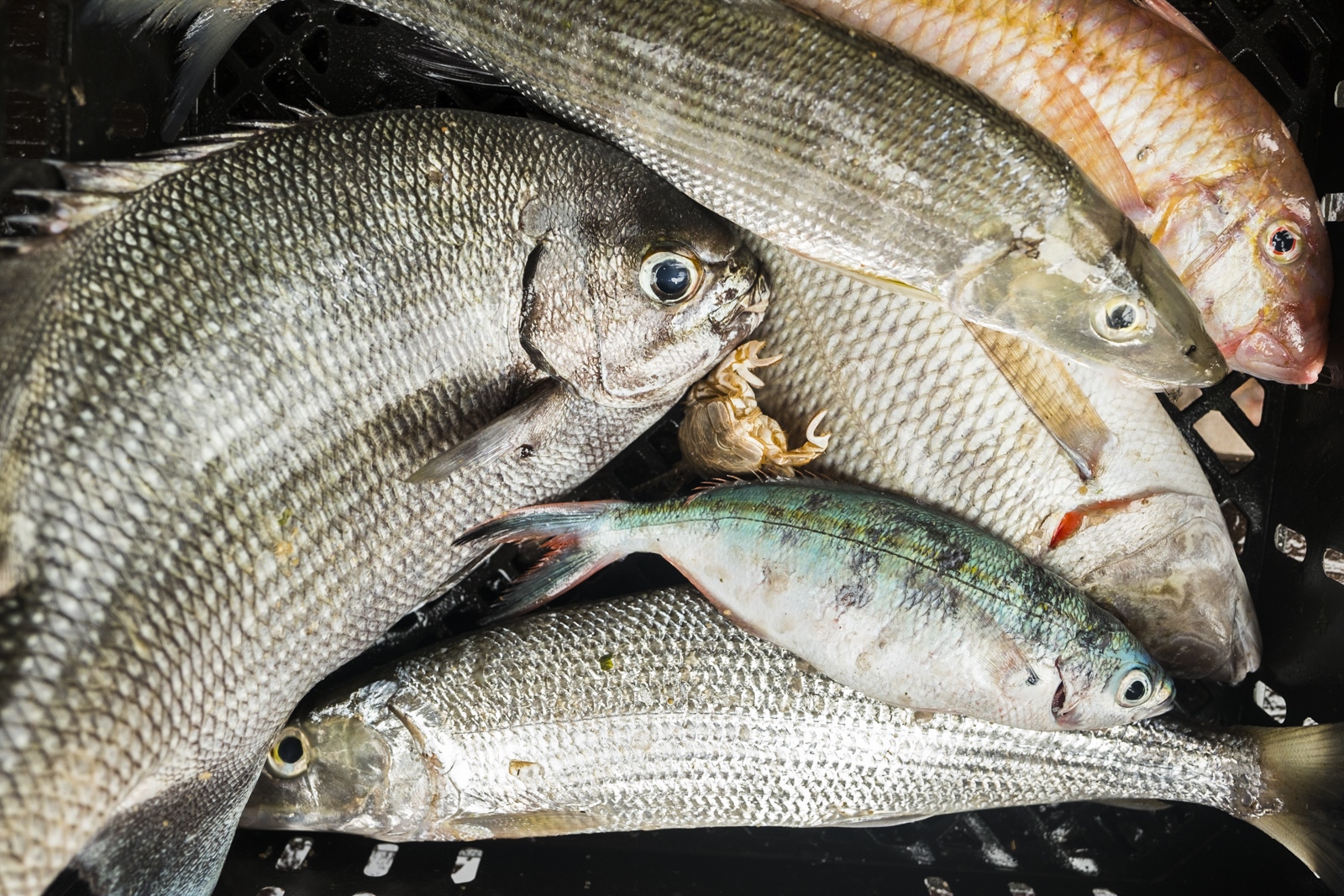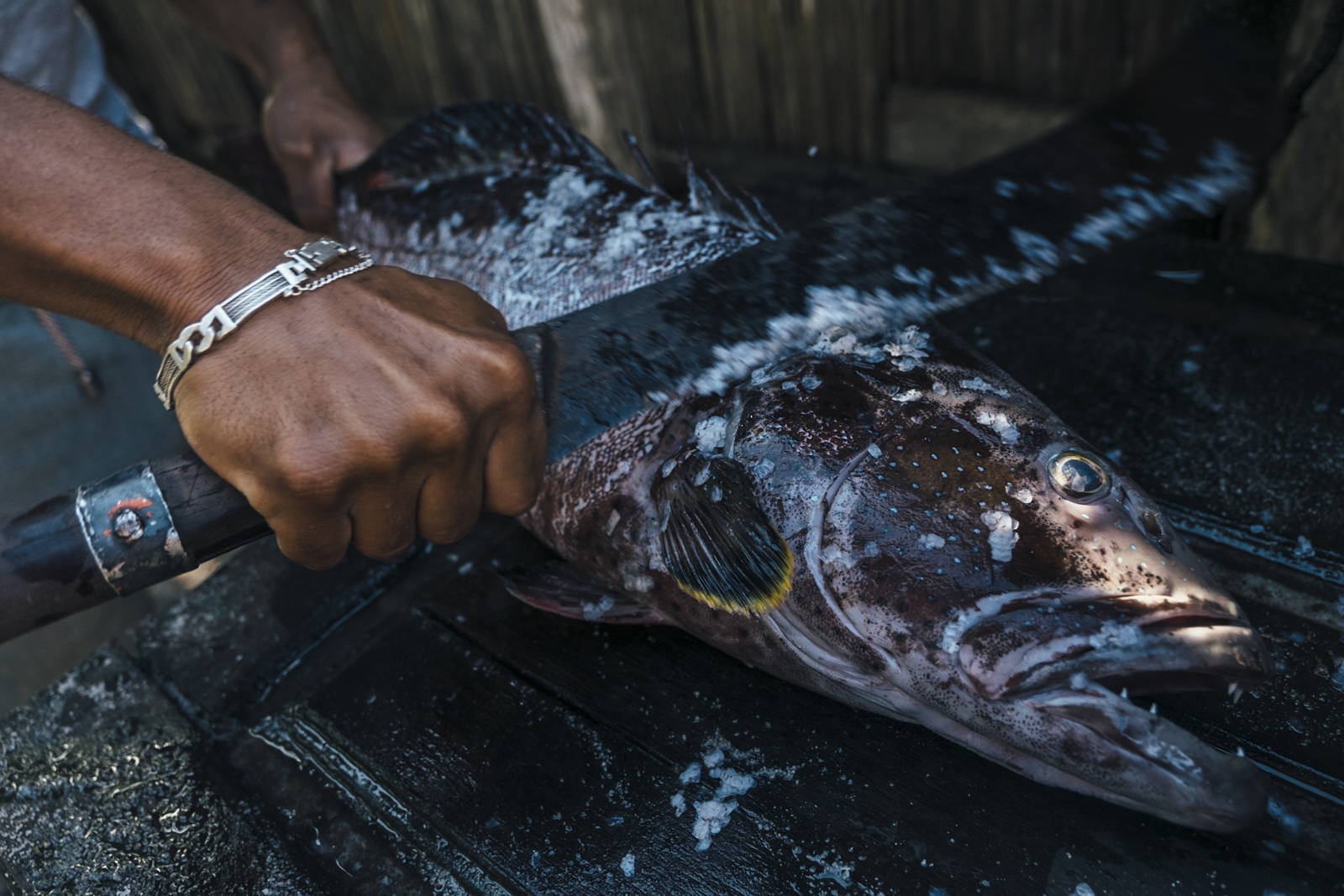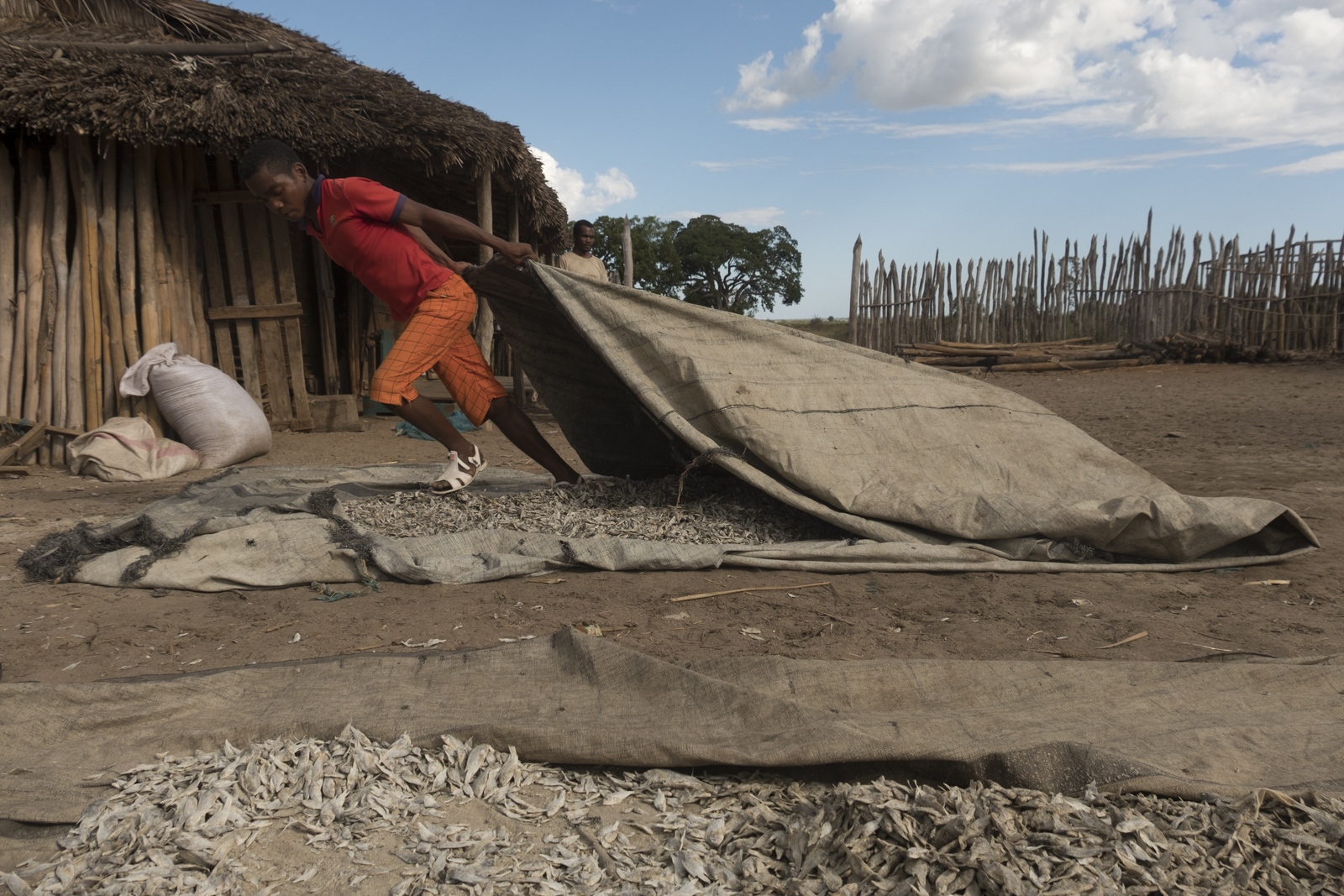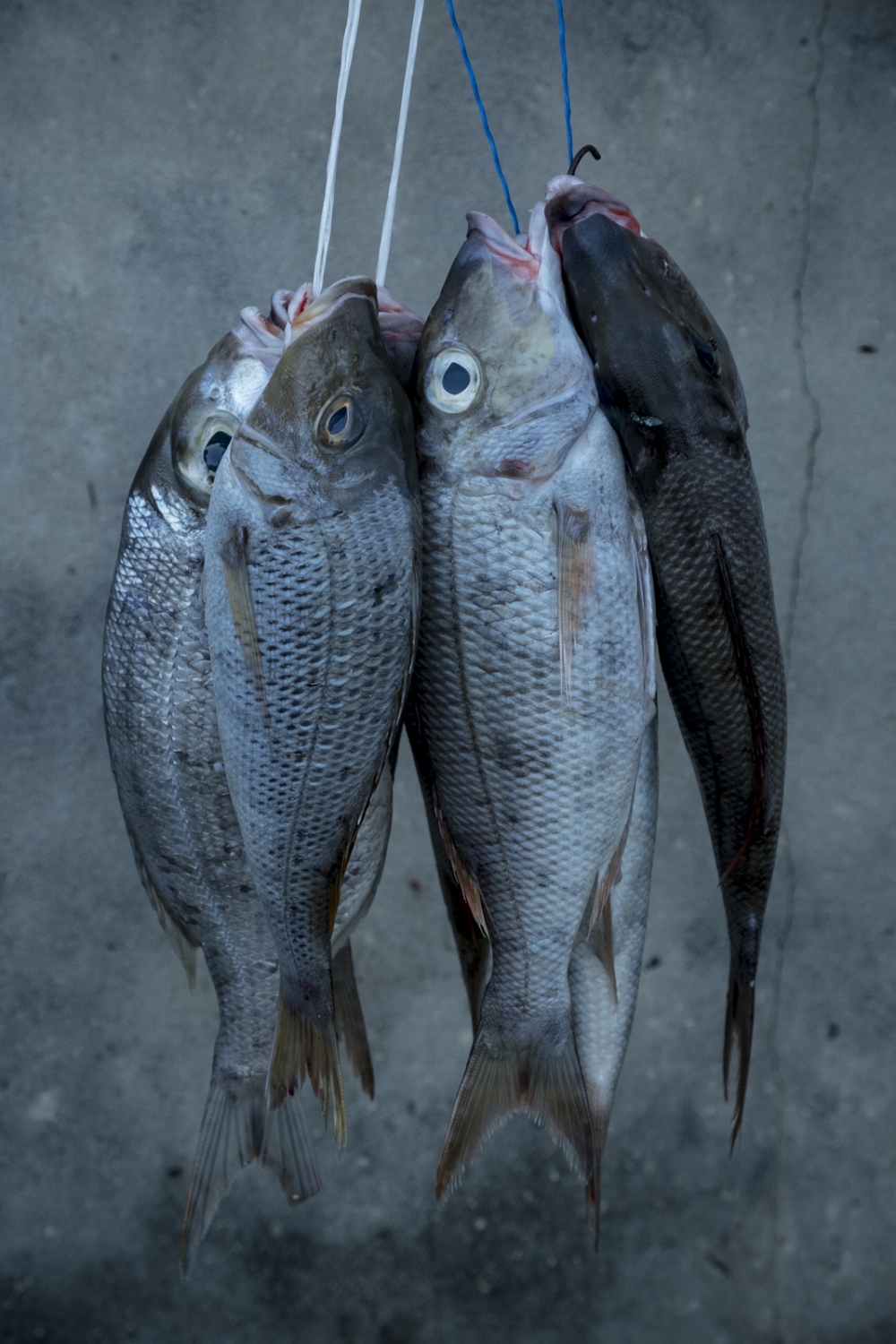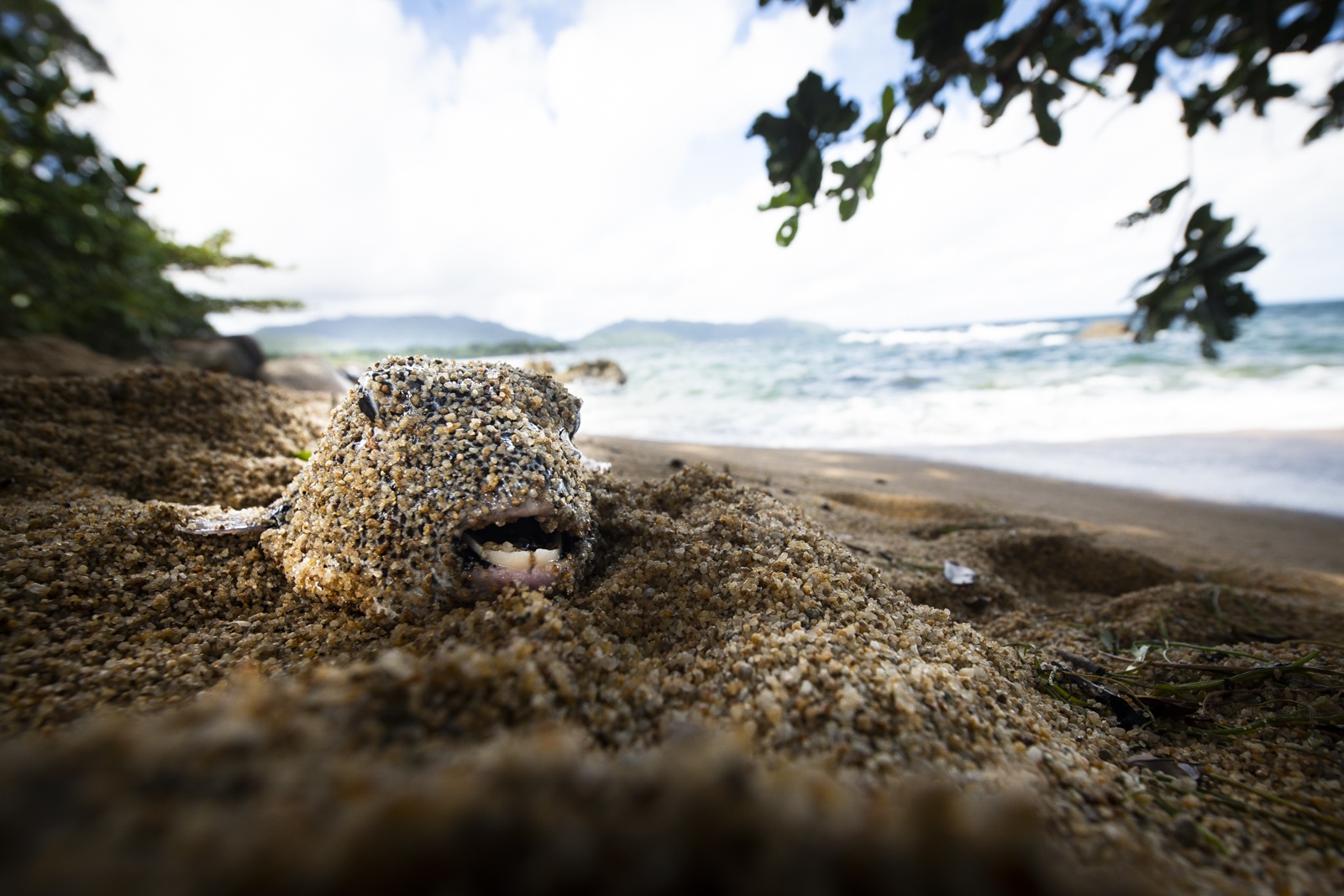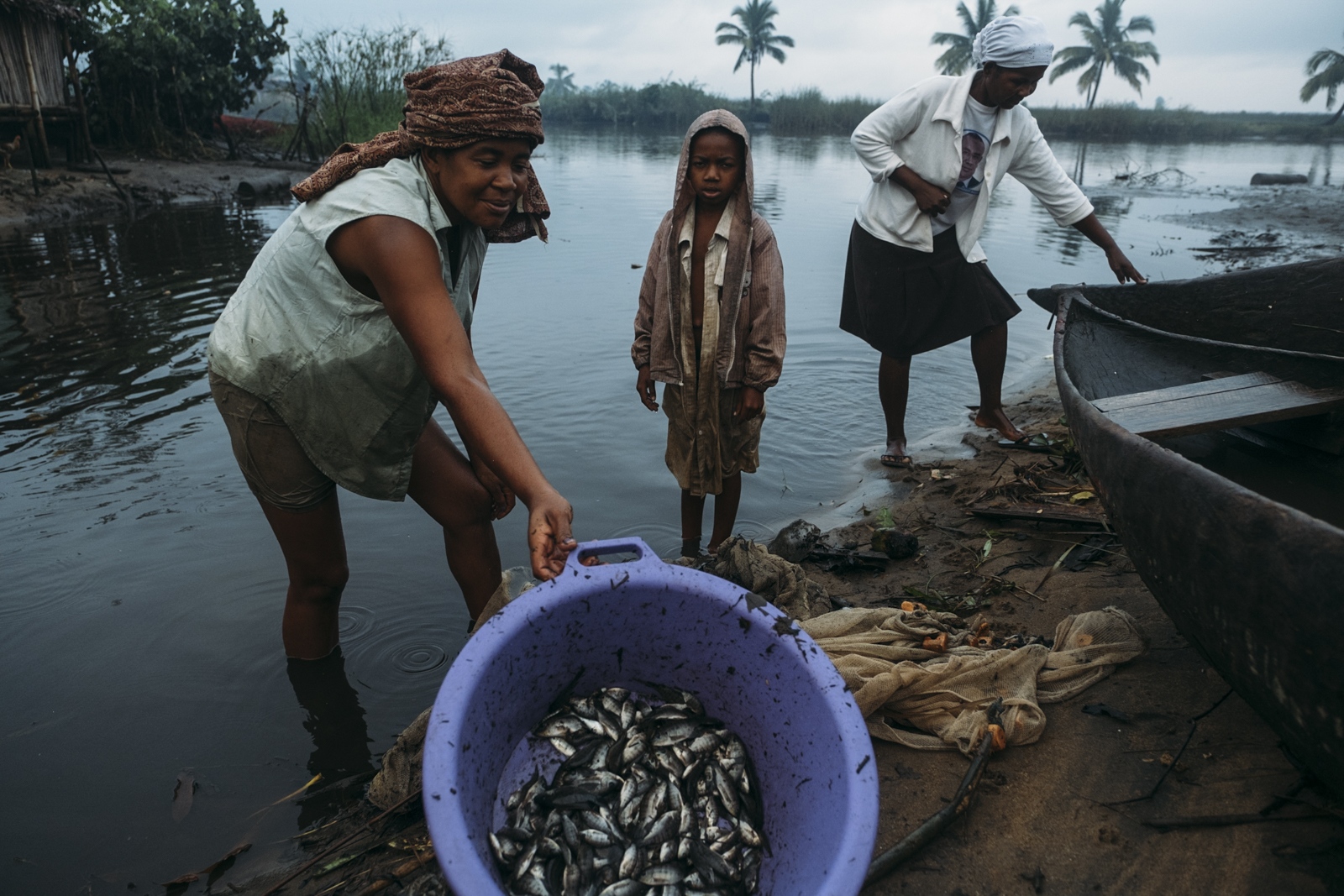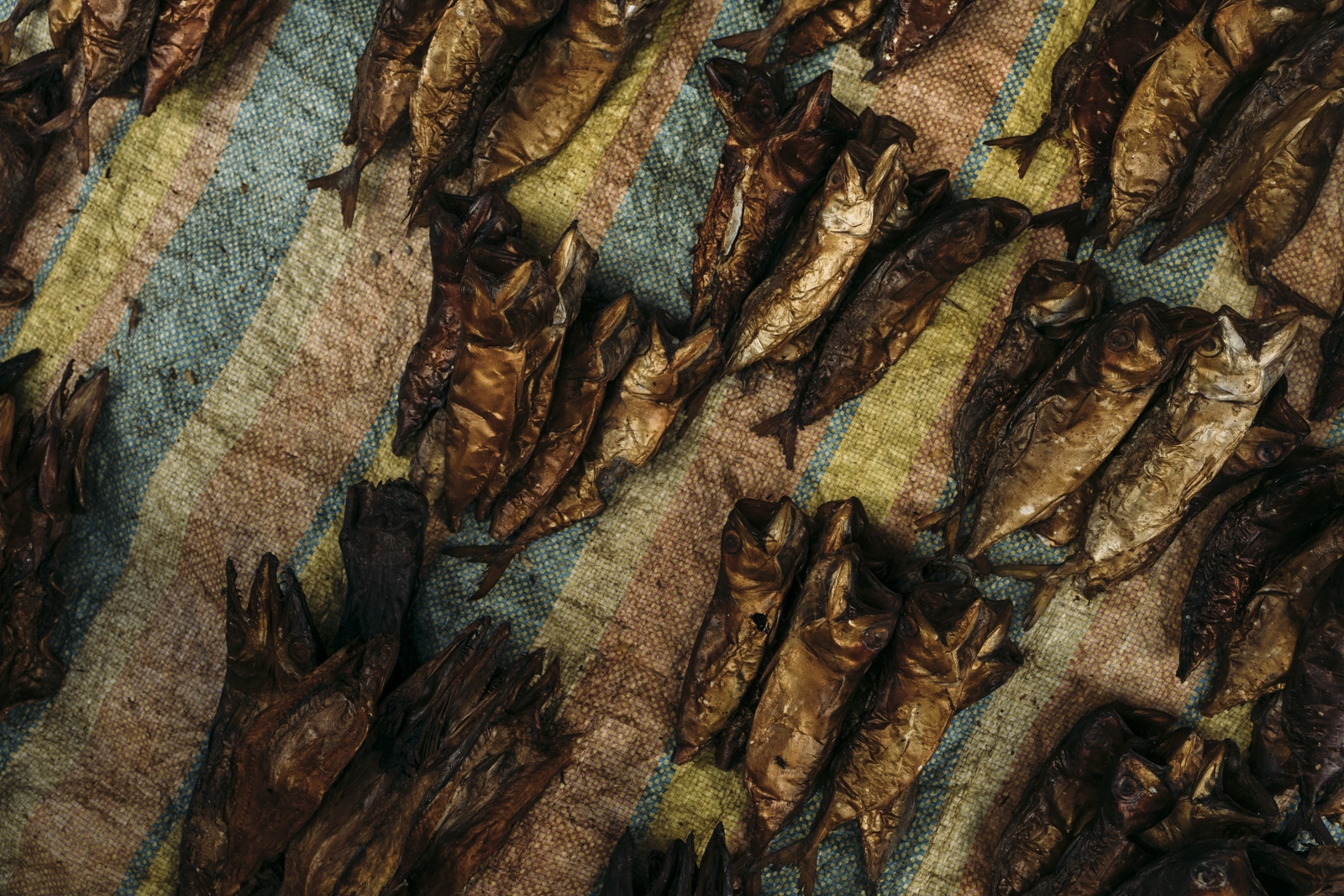Looking to The Future
Madagascar Health and Environmental Research
Dr. Chris Golden, founder of MAHERY (Madagascar Health and Environmental Research) is an ecologist and epidemiologist interested in the human health impacts of environmental change. Over time, his projects no longer became his research agenda but an agenda set by local people and local researchers to address what they believed to be important questions about ways in which environmental change would be affecting their health.
Research provided by: Dr. Chris Golden
For more information please visit http://www.mahery.org
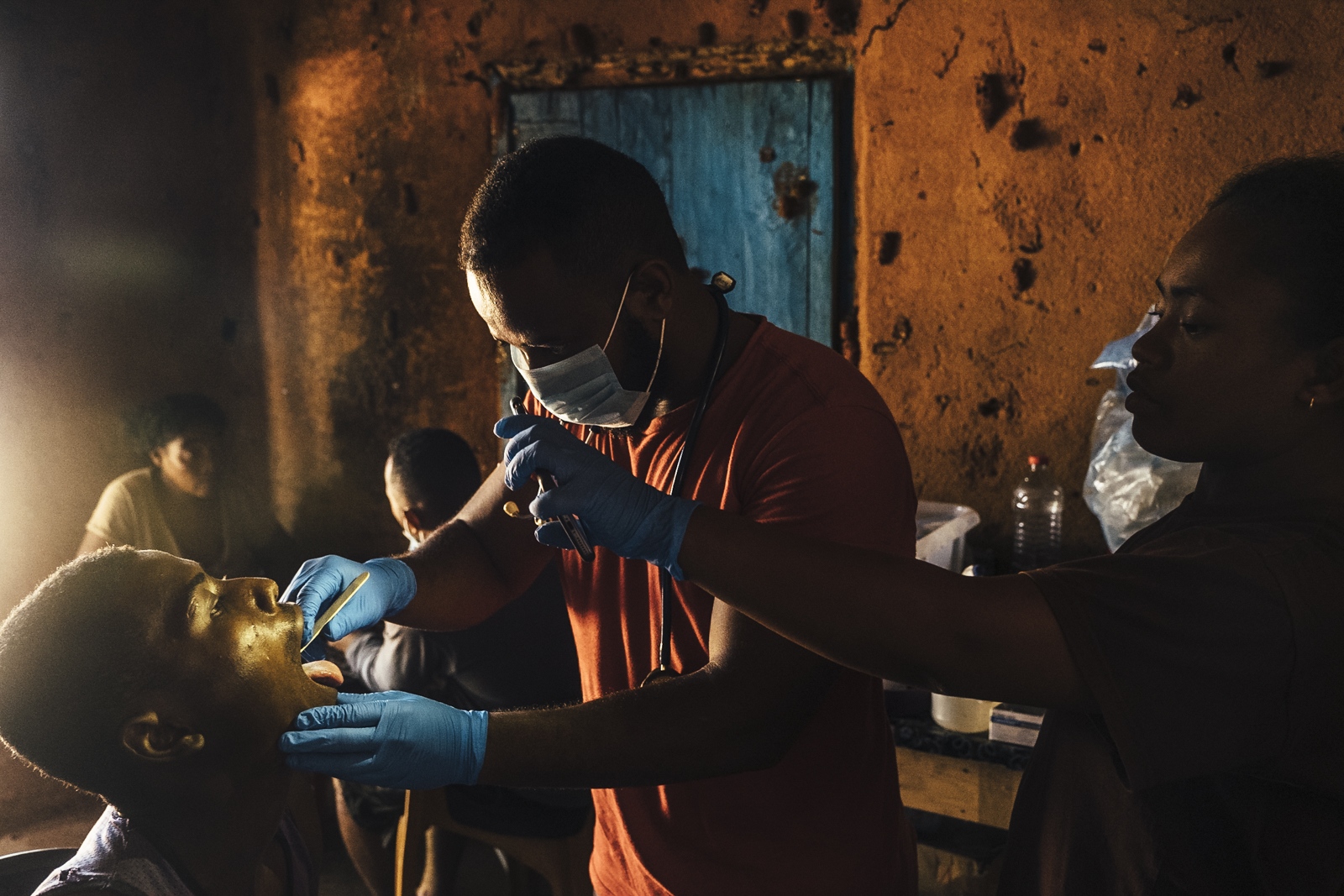
Connecting the Health of People and the Health of the Planet
The MAHERY team has done substantial human health and epidemiological research in the Maroantsetra region and throughout Madagascar.
In several of our projects, we are collecting very fine-scale dietary data (including food diaries), fecal samples, fingernails, anthropometric data, breastmilk, dried blood and frozen plasma samples. In each project, all individuals have full nutritional profiles including zinc, ferritin, transferrin receptor, vitamin A, vitamin B12, AGP, CRP, and fatty acid profiles. With rich qualitative and survey data and the above-listed biological samples.
Our primary hypothesis is that changes in access to agricultural, aquatic and terrestrial systems for food leads to changes in risk of important nutritional deficiencies and that these various forms of malnutrition will, in turn, alter the burden of disease in affected populations. Because malnutrition is a preeminent public health risk factor and because diet is linked to the state of the natural environment for many populations in the developing world, investigation into the dietary impacts of changes in natural systems is fertile ground for researching linkages between ecosystem health and human health. Aquatic and terrestrial wildlife is the primary source of meat and income for more than a billion people in economically developing countries. Many of these people have diets in which the majority of calories come from a staple crop rich in carbohydrates but poor in many key nutrients. Terrestrial or marine wildlife provides critical vitamins, minerals, and macronutrients to supplement these starchy staple crops.
The MAHERY team has done substantial human health and epidemiological research in the Maroantsetra region and throughout Madagascar.
In several of our projects, we are collecting very fine-scale dietary data (including food diaries), fecal samples, fingernails, anthropometric data, breastmilk, dried blood and frozen plasma samples. In each project, all individuals have full nutritional profiles including zinc, ferritin, transferrin receptor, vitamin A, vitamin B12, AGP, CRP, and fatty acid profiles. With rich qualitative and survey data and the above-listed biological samples.
Our primary hypothesis is that changes in access to agricultural, aquatic and terrestrial systems for food leads to changes in risk of important nutritional deficiencies and that these various forms of malnutrition will, in turn, alter the burden of disease in affected populations. Because malnutrition is a preeminent public health risk factor and because diet is linked to the state of the natural environment for many populations in the developing world, investigation into the dietary impacts of changes in natural systems is fertile ground for researching linkages between ecosystem health and human health. Aquatic and terrestrial wildlife is the primary source of meat and income for more than a billion people in economically developing countries. Many of these people have diets in which the majority of calories come from a staple crop rich in carbohydrates but poor in many key nutrients. Terrestrial or marine wildlife provides critical vitamins, minerals, and macronutrients to supplement these starchy staple crops.
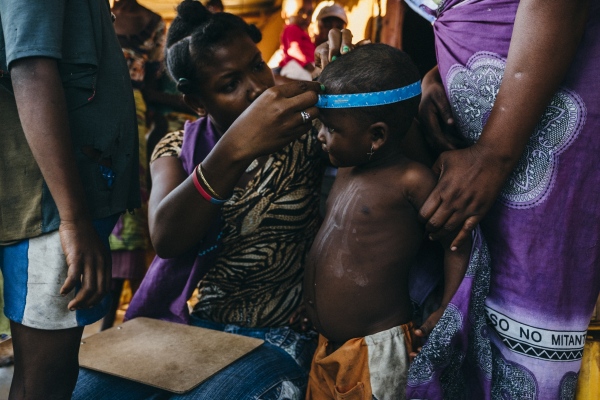
Childhood Nutrition & Wildlife Consumption
A 15-month long study of 700 individuals in 150 households that quantified the effects of ecological degradation of terrestrial systems on maternal and child health, in light of heavy reliance on the consumption of wildlife for human nutrition.
A 15-month long study of 700 individuals in 150 households that quantified the effects of ecological degradation of terrestrial systems on maternal and child health, in light of heavy reliance on the consumption of wildlife for human nutrition.
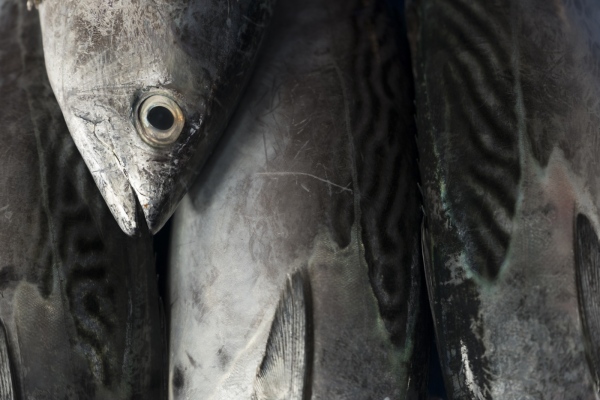
Nutrition & Seafood
A 26-month study of nearly 1,000 individuals in 225 households in coastal Madagascar to understand the role of fisheries management on access to seafood for nutrition.
A 26-month study of nearly 1,000 individuals in 225 households in coastal Madagascar to understand the role of fisheries management on access to seafood for nutrition.
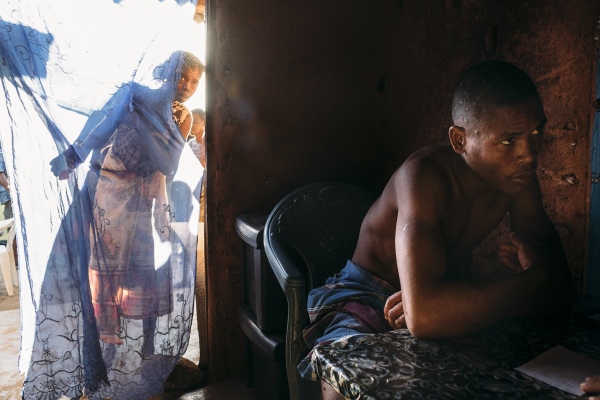
Migration, Food Security & Disease Transmission
A cross sectional study of nearly 8,000 individuals in approximately 1,200 households in four regions to evaluate the role of seasonality and human migration in affecting food security and disease transmission.
A cross sectional study of nearly 8,000 individuals in approximately 1,200 households in four regions to evaluate the role of seasonality and human migration in affecting food security and disease transmission.
Exploring Natural Resources in Relation to Human Health Helps to Address Issues of Food Security and Lesson Disease Transmission
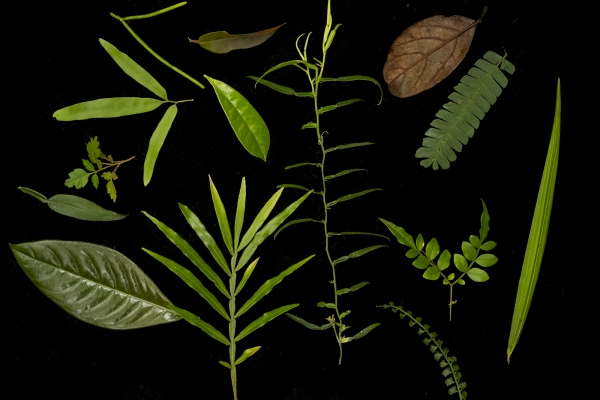
The MAHERY team has been doing research on how a wide variety of natural resource use patterns affect human health. In other sections, we have described wildlife and fisheries consumption. The MAHERY team has also done substantial work investigating botanical ethnomedicine use, pica (the consumption of non-food items), and geophagy (the consumption of earth and soils). Each of these behaviors is highly prevalent in the Makira region of Madagascar and has significant influences on their physical and mental health.
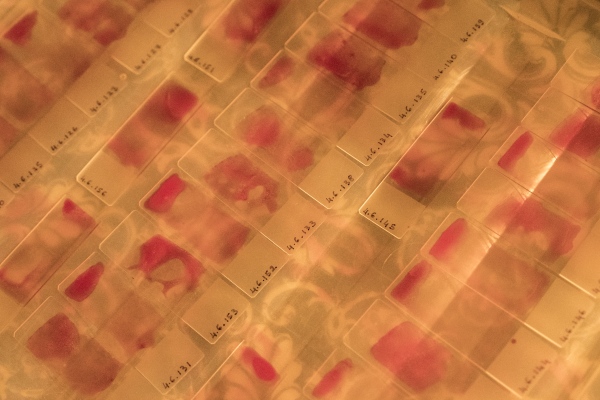
Specifically, we have documented more than 300 species of plants used to treat more than 80 different types of locally identified illnesses. We have reported these in scientific publications but have also created a book written in the local Betsimisaraka dialect to catalog this pharmacopeia of medicines for use by future generations.
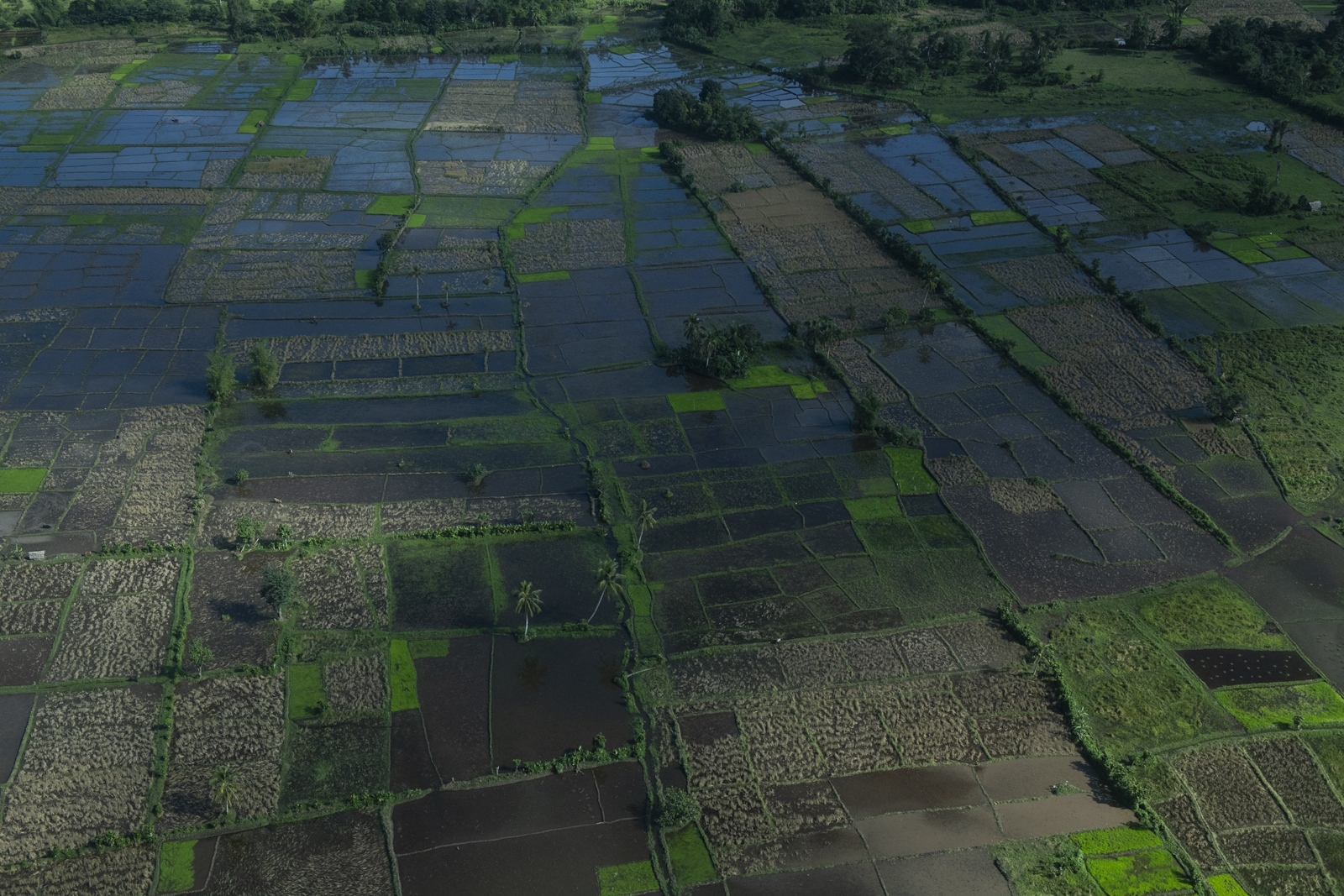
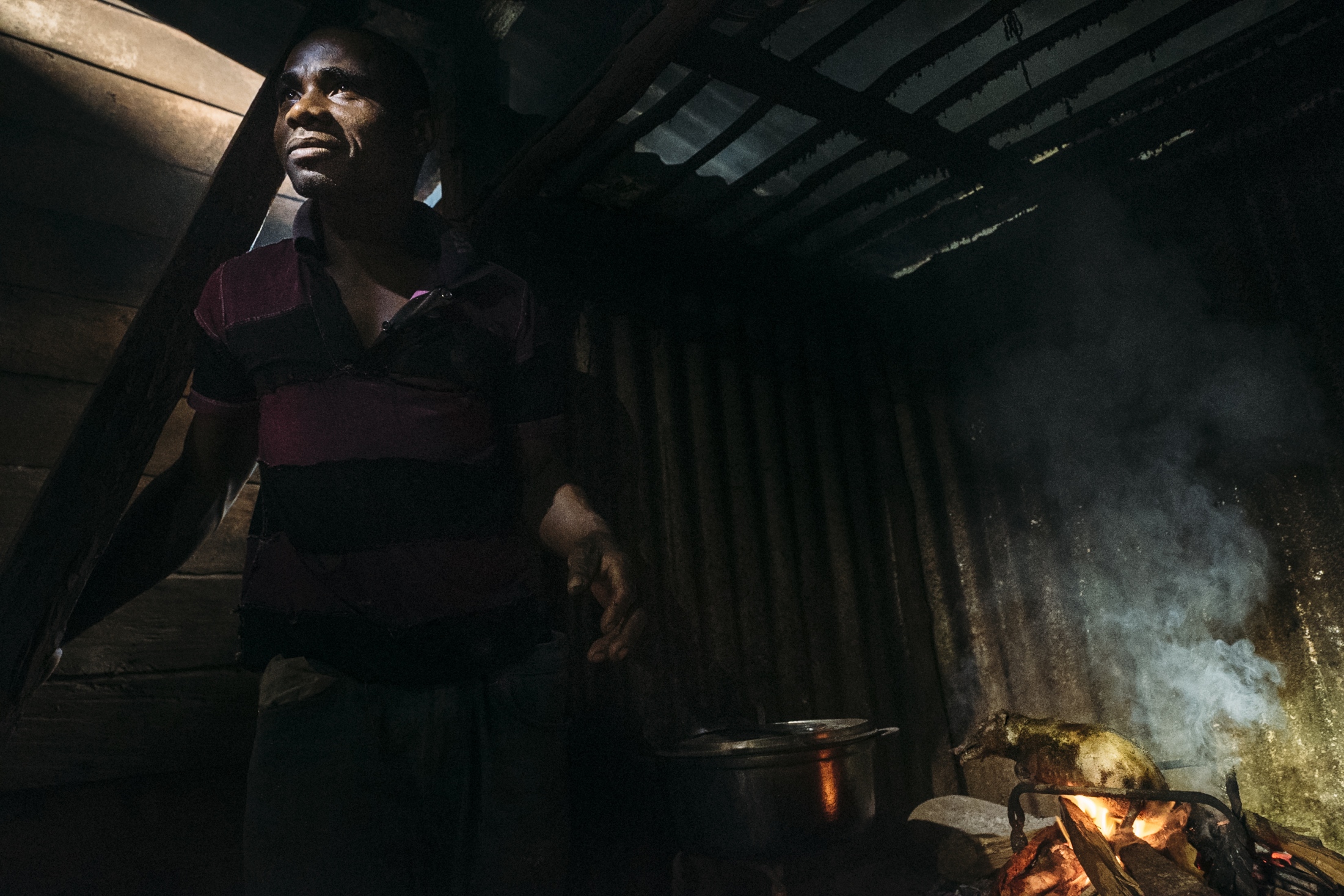
Bushmeat and wildlife consumption can naturally decrease if there are other ways for humans to access nutrient rich foods.
Since 2004, our team has been studying the social, economic and geographic drivers of bushmeat (any wildlife used for food) consumption in northeastern Madagascar (the Maroantsetra area). The policy implications for this field of research are profound. To date, environmental conservation has been framed as a trade-off between protecting the needs of wildlife and supplying the needs of human populations. We have been studying local human health in detail and conducted a prospective cohort study to investigate the epidemiology of anemia associated with bushmeat consumption. We also have done some preliminary modeling of the sustainability of current hunting practices on this array of wildlife and found that much of it is unsustainable. By investigating the pivotal role that intact wildlife populations can play in providing human nutrition, we will illuminate the opportunity to optimize child and maternal health outcomes by protecting and maintaining sustainable populations of fish and wildlife. By quantifying these linkages, it will also be possible to explicitly calculate the public health gains that can be anticipated as a result of environmental conservation policies that maintain access to robust wildlife populations.
Since 2004, our team has been studying the social, economic and geographic drivers of bushmeat (any wildlife used for food) consumption in northeastern Madagascar (the Maroantsetra area). The policy implications for this field of research are profound. To date, environmental conservation has been framed as a trade-off between protecting the needs of wildlife and supplying the needs of human populations. We have been studying local human health in detail and conducted a prospective cohort study to investigate the epidemiology of anemia associated with bushmeat consumption. We also have done some preliminary modeling of the sustainability of current hunting practices on this array of wildlife and found that much of it is unsustainable. By investigating the pivotal role that intact wildlife populations can play in providing human nutrition, we will illuminate the opportunity to optimize child and maternal health outcomes by protecting and maintaining sustainable populations of fish and wildlife. By quantifying these linkages, it will also be possible to explicitly calculate the public health gains that can be anticipated as a result of environmental conservation policies that maintain access to robust wildlife populations.
The Village Poultry Project
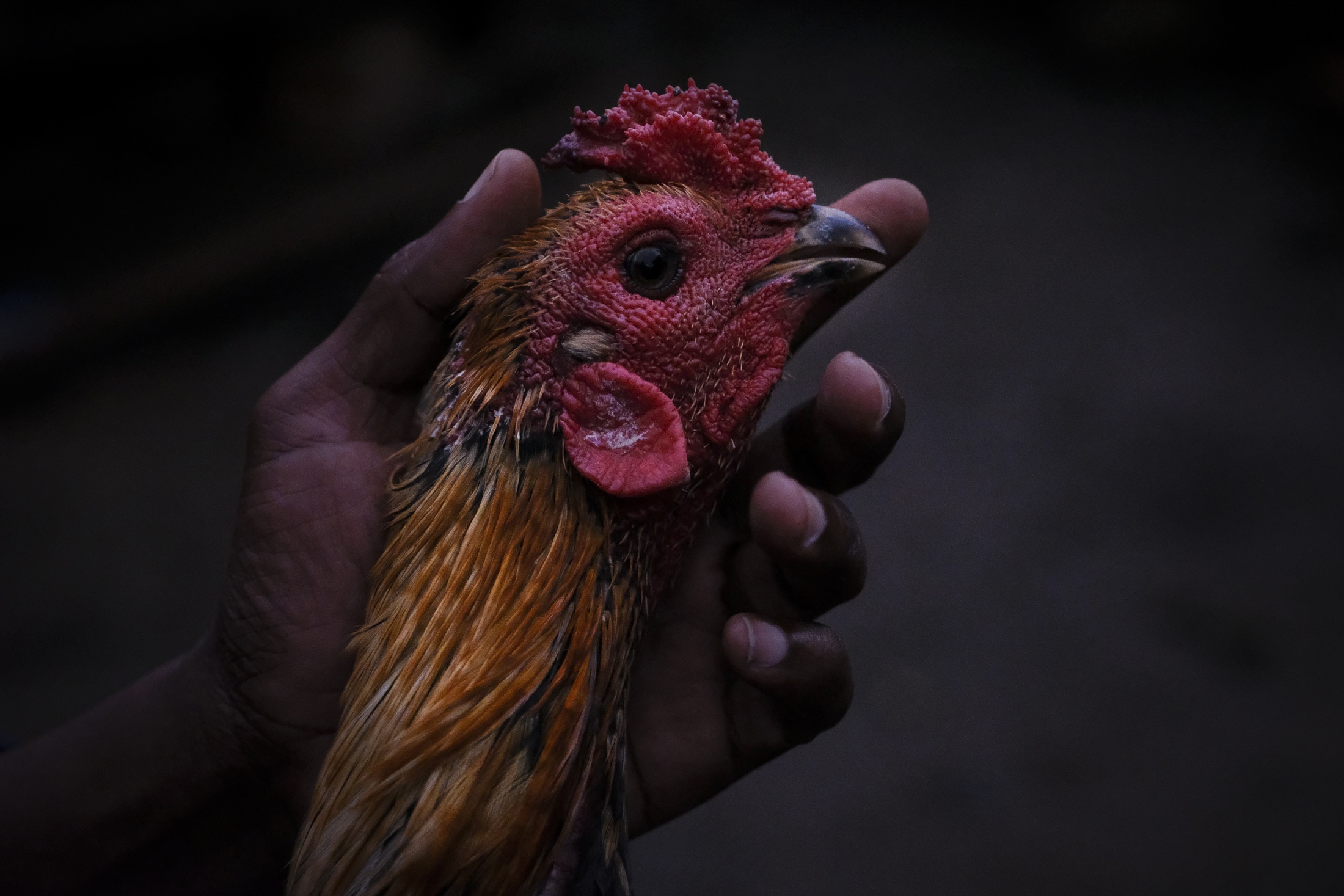
With a viable vaccine for new castle disease and a village vaccination program, households can adopt chicken husbandry programs that provide a source of income and create a sustainable source of nutrition.
In collaboration with Drs. Graham Crawford and Susan Ostapak (veterinarians from San Francisco) and Dr. Robyn Alders from University of Sydney, we conducted a participatory epidemiological appraisal of poultry health in Makira Natural Park. We found the presence of virulent strains of Newcastle Disease in chickens and Fowl Cholera in ducks. Based on this rural appraisal, we sourced funding to develop a programmatic response to reduce the incidence of Newcastle Disease through preventative steps to avoid infection in villages and through developing a vaccine program. Our foreign collaborators, in addition to our local team led by Dr. Ando Miharifetra at IMVAVET (Institute Malgache des Vaccins Veterinaires), have now fully launched a comprehensive poultry health intervention, including the local development of a thermostable vaccine for Newcastle Disease. We began conducting vaccination efforts in May 2016 and hope that through local prevention and vaccination chicken and egg production will flourish, supporting human food security and nutrition. As a conservation aim, we are seeking to learn whether or not improved animal husbandry techniques and avoided disease deaths will have an impact on local people's reliance on wildlife for food.
In collaboration with Drs. Graham Crawford and Susan Ostapak (veterinarians from San Francisco) and Dr. Robyn Alders from University of Sydney, we conducted a participatory epidemiological appraisal of poultry health in Makira Natural Park. We found the presence of virulent strains of Newcastle Disease in chickens and Fowl Cholera in ducks. Based on this rural appraisal, we sourced funding to develop a programmatic response to reduce the incidence of Newcastle Disease through preventative steps to avoid infection in villages and through developing a vaccine program. Our foreign collaborators, in addition to our local team led by Dr. Ando Miharifetra at IMVAVET (Institute Malgache des Vaccins Veterinaires), have now fully launched a comprehensive poultry health intervention, including the local development of a thermostable vaccine for Newcastle Disease. We began conducting vaccination efforts in May 2016 and hope that through local prevention and vaccination chicken and egg production will flourish, supporting human food security and nutrition. As a conservation aim, we are seeking to learn whether or not improved animal husbandry techniques and avoided disease deaths will have an impact on local people's reliance on wildlife for food.
Tracking Fish Catch and Fisheries Management
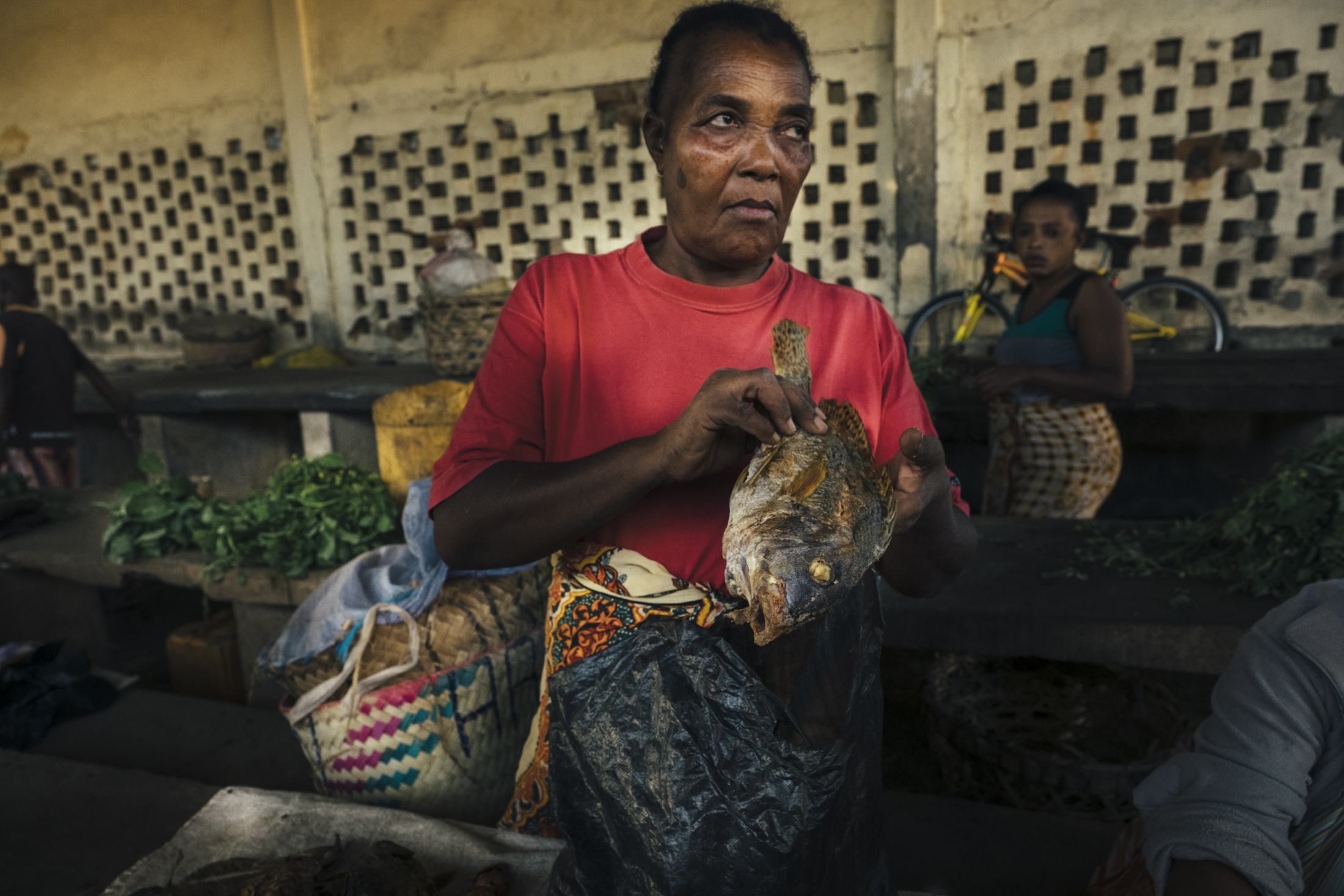
Fishing is vital to many families not only as a primary source of nutrition but income.......
The purpose of our research efforts aim to understand the degree to which fisheries management practices influence local people’s ability to catch and eat seafood and how this affects human nutrition. Our overall hope is that improvements to fisheries management will lead to a rehabilitation of local fish stocks, stabilizing food security and improving human nutrition. To study this, we employed a prospective cohort study that was launched in 2015, enrolling nearly 1,000 individuals aged 0-60 in 225 households in five communities to understand the role of fishery declines (and the potential role of marine conservation) in relation to nutritional status. The five communities include two traditionally managed communities, 2 LMMAs (i.e. locally managed marine areas through interventions from Wildlife Conservation Society), and one marine national park. Through meticulous monthly collection of seafood catch data, socio-economic data, and clinical nutrition and health data, we will be able to analyze and model the potential for marine conservation and management efforts to benefit human health.
The purpose of our research efforts aim to understand the degree to which fisheries management practices influence local people’s ability to catch and eat seafood and how this affects human nutrition. Our overall hope is that improvements to fisheries management will lead to a rehabilitation of local fish stocks, stabilizing food security and improving human nutrition. To study this, we employed a prospective cohort study that was launched in 2015, enrolling nearly 1,000 individuals aged 0-60 in 225 households in five communities to understand the role of fishery declines (and the potential role of marine conservation) in relation to nutritional status. The five communities include two traditionally managed communities, 2 LMMAs (i.e. locally managed marine areas through interventions from Wildlife Conservation Society), and one marine national park. Through meticulous monthly collection of seafood catch data, socio-economic data, and clinical nutrition and health data, we will be able to analyze and model the potential for marine conservation and management efforts to benefit human health.


